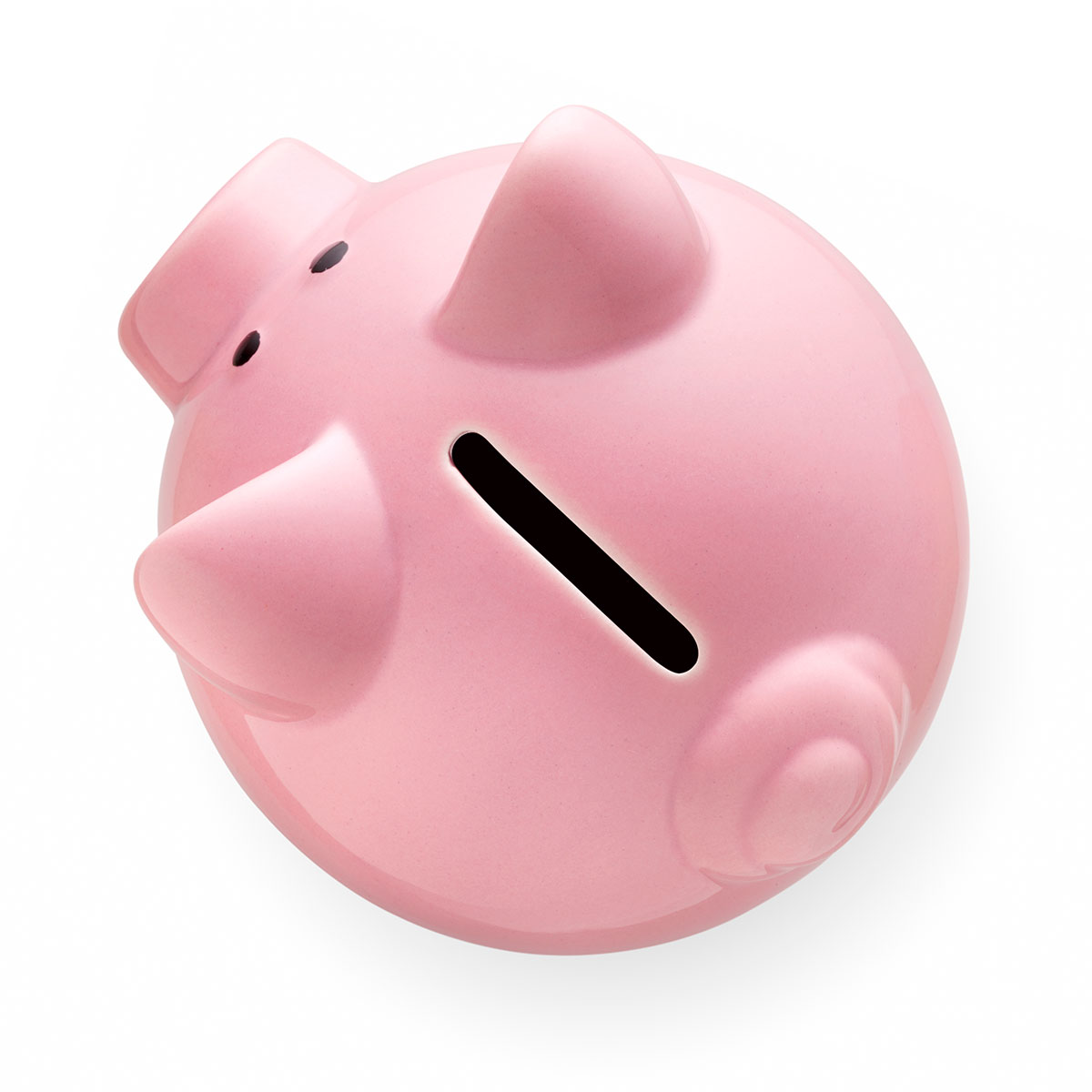Baby teeth decay very quickly. Their structure is different than adult teeth, making them less dense. When a toddler or baby develops a cavity, it can spread rapidly throughout the tooth, into adjacent teeth, and even further into the body.
One of the most common causes of cavities in babies is what dentists refer to as “baby bottle tooth decay,” or putting your little one to bed at night with a bottle. It can also be caused by allowing your toddler to tote a sippy cup of juice or milk around with them everywhere they go.
Although these drinks are considered “healthy,” they contain natural sugars. Liquids, by nature, easily coat all areas of the teeth. When your child goes to sleep with a bottle of milk or is sipping on juice a few times a day, the acids from those sugars eat away at the teeth for 30 minutes or more. The first place you start to notice it will usually be on the very front, top teeth.
A Serious Health Risk — Don’t Wind Up in the Hospital
Maybe your baby is crying and you don’t know why. Or, you’ve noticed a hole or dark spot on one of their teeth. In any of these situations, you need to get your child to a dentist right away. It’s not uncommon to see dental abscesses spread further into the face or even the brain, resulting in severe swelling and hospitalization. In very rare circumstances, it could even result in death. Get to a dentist as soon as you think there might be a problem. If for some reason you do not think their treatment recommendations are appropriate, get a second opinion as quickly as possible. Your child’s health depends on it.
“But it’s Just a Baby Tooth. It Will Fall Out Anyway!”
So, you’ve already determined that your child has a cavity. Why not just have the tooth pulled or leave it alone? After all, it’s going to eventually fall out anyway!
While the last part is true, your baby’s teeth play an important role: guiding and placement of their developing permanent teeth. Losing a baby teeth before the correct developmental stage can result in significant orthodontic concerns, impacted teeth, or problems with chewing and speech.
Not only is a toothache extremely painful, it can cause irreversible damage to the developing teeth around it. The best thing to do is have your child’s dentist treat the decay with a small white filling before it has a chance to spread.
How to Prevent Tooth Decay in Babies
The American Academy of Pediatrics and American Academy of Pediatric Dentistry both recommend that every child see a dentist for his or her first exam by their first birthday. These early visits allow your child’s dentist to screen for conditions that a parent might not be aware of, and equip you with the tools and resources necessary to help your child enjoy healthy teeth.
In the meantime, here are things you can do at home:
- Give your child tap water to drink during the day. It’s full of natural fluoride for healthy tooth development, and water naturally “cleans” the teeth as your child drinks it.
- Only give milk or juice at mealtime. Never put your toddler to bed with a bottle of anything other than water, as the natural sugars will sit on the teeth all night long.
- Use a fluoride-free training toothpaste until your toddler or preschooler can rinse and spit well on their own. Until then, a soft toothbrush dampened with tap water is fine!
- Schedule preventive checkups with the dentist every six months. Be sure to ask about fluoride treatments and sealants (which are usually covered by insurance) to prevent cavities before they start.
Finding a Family or Pediatric Dentist You Can Afford
Many parents prefer to bring their child to the family dentist so that everyone can be seen in one place. Others prefer a pediatric office because of their child-friendly atmosphere, expertly trained staff, and accommodations for anxious young patients (with room for a stroller or a sibling or two.) If you have a dental savings plan through CignaDentalPlans.com, you don’t need a referral to take your child to a participating pediatric dentist in your area.
Contact us today to find a Cigna dentist in your area before your child’s first birthday!







